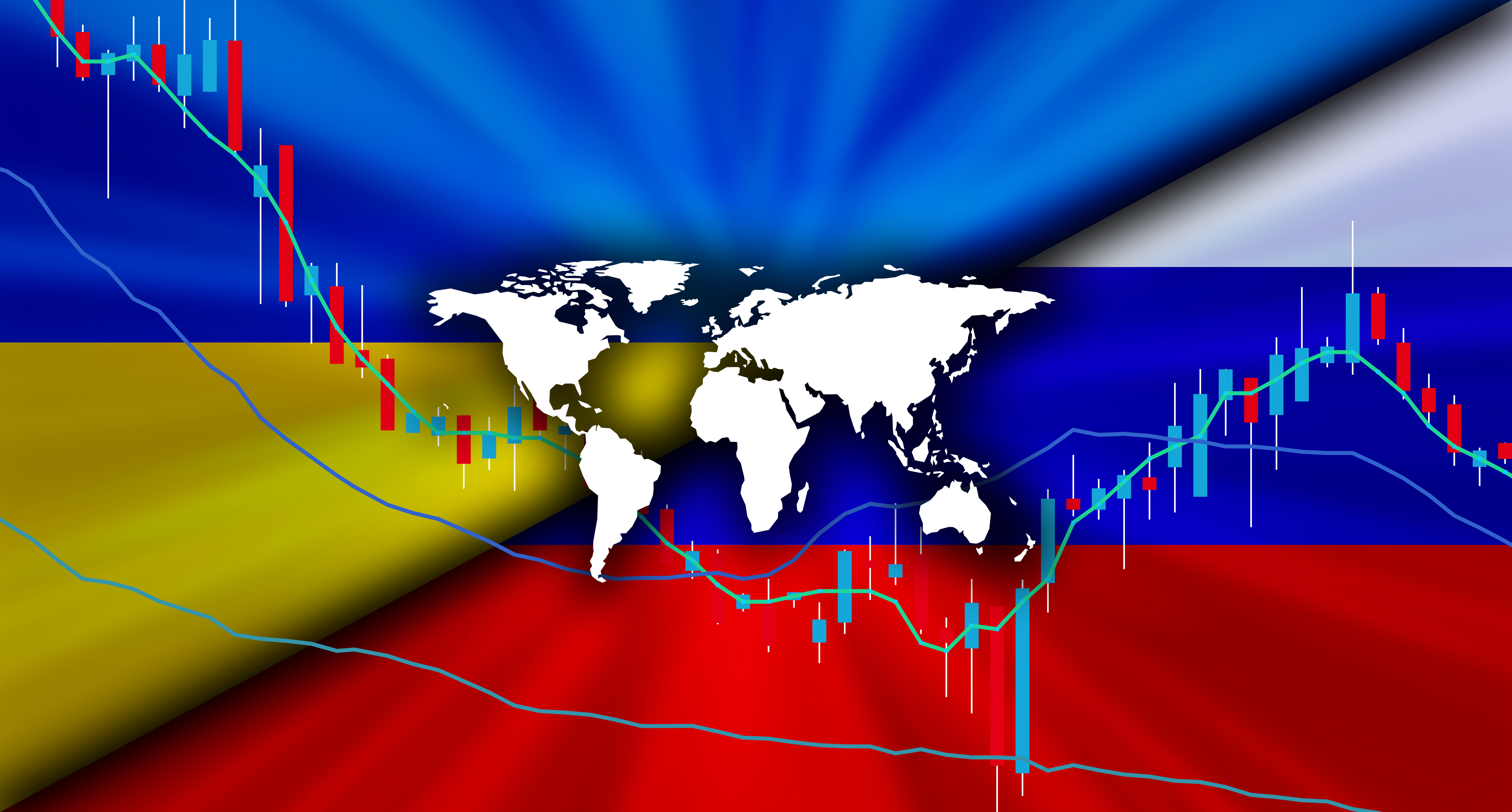 The US has accused Russia of ‘weaponising’ the world’s food supply as there are growing fears of famine in developing countries.
The US has accused Russia of ‘weaponising’ the world’s food supply as there are growing fears of famine in developing countries.
Speaking at a UN security council meeting yesterday, US secretary of state Antony Blinken demanded that Russia lift its blockade of Ukraine’s Black Sea ports and enable the flow of food and fertiliser around the world.
“The Russian government seems to think that using food as a weapon will help accomplish what its invasion has not – to break the spirit of the Ukrainian people,” Blinken said.
'Ease sanctions'
Blinken spoke after Dmitry Medvedev, the former president of Russia, warned that Russia would not continue supplying food unless the west eased its sanctions on the Kremlin, reports the Guardian.
Medvedev said on Thursday that Russia was ready to do so but expected “assistance from trading partners, including on international platforms” in return.
Moscow has said that sanctions on Russia would have to be reviewed if it was to heed a UN appeal to open access to Ukraine’s Black Sea ports so that grain could be exported, reports Aljazeera.
UN food chief David Beasley appealed on Wednesday to Vladimir Putin, saying, “If you have any heart at all, please open these ports.”
The UN World Food Programme feeds some 125 million people and buys 50% of its grain from Ukraine.
Exports blocked
Between them, Russia and Ukraine produce 30% of the global wheat supply and 69% of the world’s sunflower oil.
Ukraine’s grain exports have plummeted from 5m tons a month before Russia’s February invasion to 200,000 tons in March and about 1.1m tons in April.
The country used to export most of its goods through its seaports, but since Russia sent troops into Ukraine, it has been forced to export by train or via its small Danube River ports.
Russian deputy foreign minister Andrei Rudenko said there were complex reasons behind the current food crisis blaming “sanctions that have been imposed against Russia by the US and the EU that interfere with normal free trade, encompassing food products including wheat, fertilisers and others”.
Aeroflot slots frozen
In latest sanctions, the UK Government has announced targeting state-owned Aeroflot, Russia’s largest airline, Ural Airlines and Rossiya Airlines. They will now be unable to sell their unused, lucrative landing slots at UK airports – preventing Russia from cashing in on an estimated £50m.
The Russian government is starting the process of unilaterally withdrawing from a series of international bodies, including the World Trade Organization and the World Health Organization, the Russian Duma’s Deputy Speaker Pyotr Tolstoy said.



